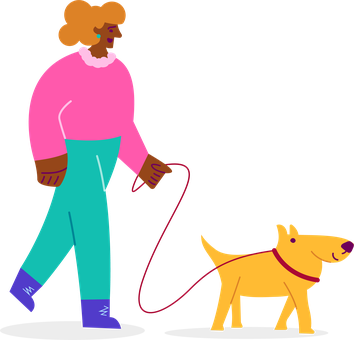Last updated: 30 July 2024
Who is it for?
This podcast and posters are aimed at frontline homelessness workers. They provide information and advice on what they can do to:
- support clients during an Accident & Emergency (A&E) visit;
- help A&E staff to assess and care for their clients;
- build relationships with A&E departments.
Why is it relevant?
People experiencing homelessness visit A&E three times more often than the general public but attending can be stressful and challenging. Issues such as communication barriers, mental health problems, complex trauma and addictions frequently combine with practical issues and anxiety over being judged and stigmatised.
In addition, the staff in A&E may not be trained to support and treat people experiencing homelessness, including identifying self-discharge as a safeguarding issue and undertaking mental capacity assessments.
As a result, people experiencing homelessness do not always receive the care and treatment necessary to resolve their health needs. These resources aim to improve this situation.

